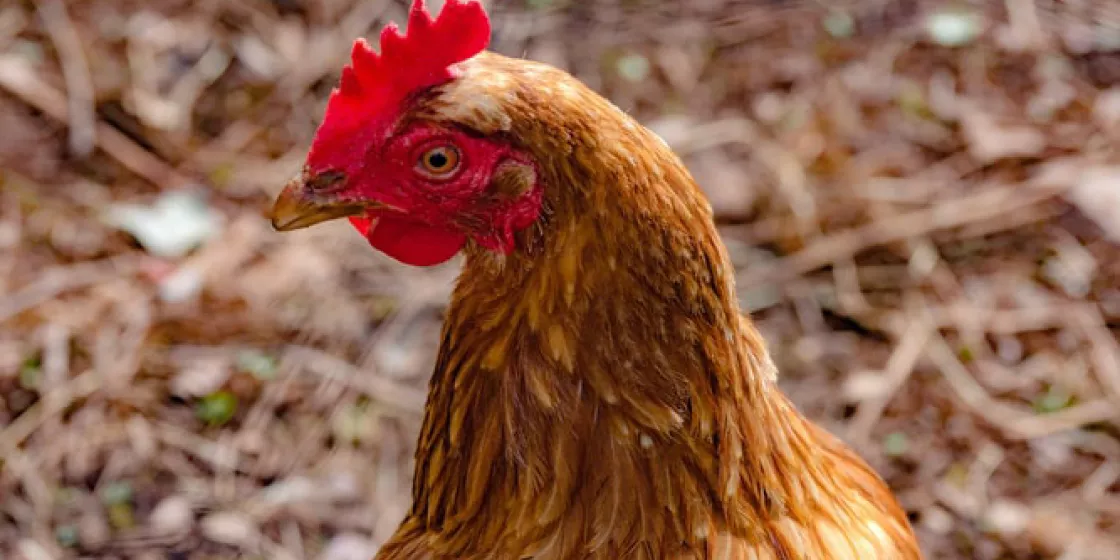2. Reforming livestock farming

© unsplash.com | Brett Jordan
Industrial animal agriculture negatively affects climate and biodiversity goals and threatens the effectiveness of important antibiotics. Therefore, we are collaborating on strategies to phase out industrial livestock farming. This includes animal health, regional value chains, and fair prices for producers.
Focus area: Antibiotics in animal husbandry
Excessive, incorrect, or even abusive use of antibiotics in human and veterinary medicine leads to the development of resistances. More and more antibiotics are currently in danger of becoming ineffective. As life-saving drugs, however, they are urgently needed—especially when they present the last or only available remedy for diseases.
The conditions in industrial livestock farming lead to a high and regular use of antibiotics, which irrefutably promotes the development of resistances. We therefore advocate for a significant reduction in the use of antibiotics in animal husbandry. This could be achieved through significant improvements in animal breeding and husbandry conditions. Additionally, antibiotics classified by the WHO as top priority antimicrobials (HP CIA) should be excluded from the use in industrial animal farming. To achieve these goals, we are working on the effective implementation of the EU Regulation 2019/6 on veterinary medicines and the ambitious design of national antibiotic resistance strategies.